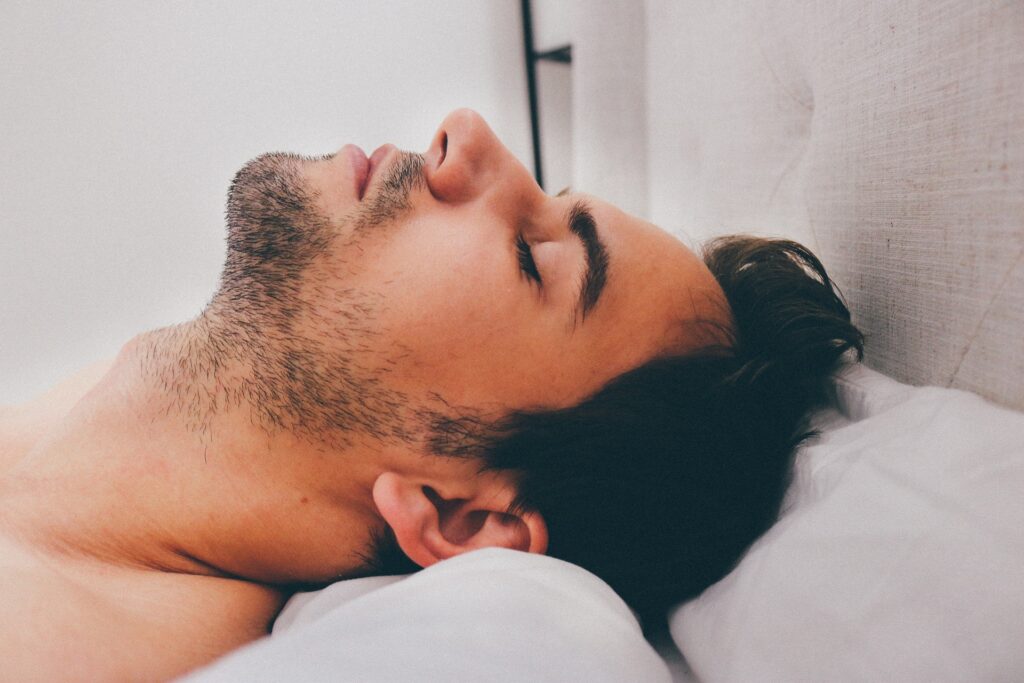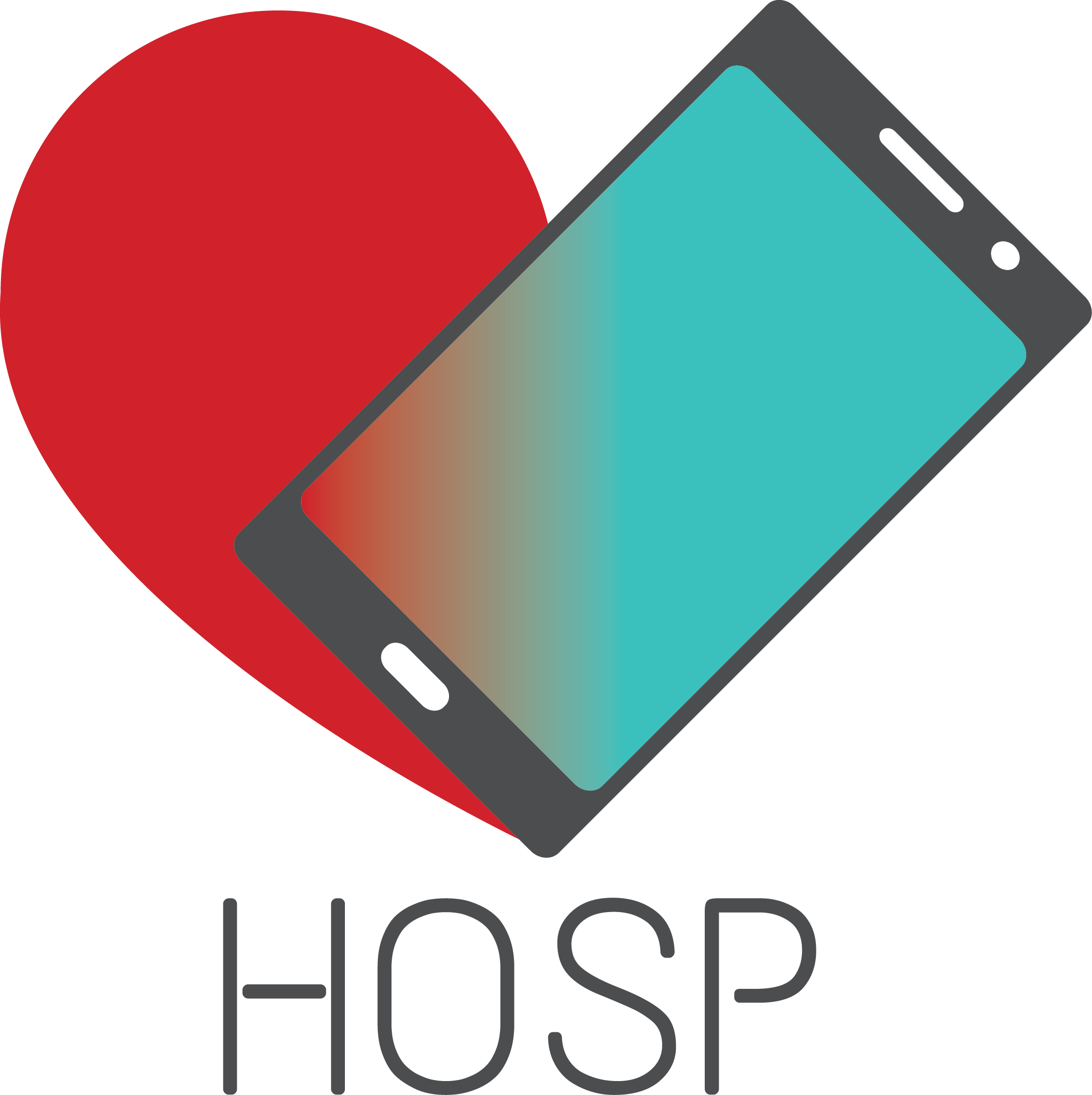The link between hypertension and insomnia was questioned for a long time, as those two conditions are co-related, but first, we need to see what insomnia really is.
Insomnia
Insomnia is the most common sleep disorder. It involves difficulty in sleep initiation, difficulty in maintaining the sleeping state or falling asleep after an early wake-up. Insomnia can be temporary or chronic. Almost everyone has occasional nightmares, perhaps due to stress, heartburn or drinking too much coffee or alcohol. But insomnia is a lack of sleep that can occur regularly or repeat itself, often without an obvious cause.
How much sleep is enough depends from person to person. Although 7 hours of sleep is some average, to some people is 4 or 5 hours of sleep enough, while others need 9 or 10 hours of night sleep.

Types
Transient insomnia is a type of insomnia that is lasting from one to several nights within a single episode. It is usually a result of stress.
Acute insomnia lasts from a few days to three weeks. It is usually caused by stress induced by recovery from surgery, short-term illness, the death of a close person, the beginning of work at a new or more responsible workplace.
Chronic insomnia lasts for months or years, and it is usually a reflection of psychiatric, or long-term health disorders, the use of some drugs, or basic sleep disorders. Long lasting insomnia can be permanent or with changes in insomnia and regular sleeping.

The link between hypertension and insomnia
Lack of sleep affects the elevation of blood pressure, which in time can cause damage to the heart muscle, arteries, kidneys; it can weaken the vision and induce many other diseases.
In one clinical study volunteers stayed awake for 88 hours and after that their blood pressure was much higher than usual. Moreover, blood pressure was also elevated in the group of participants who slept for 4 hours during the night, compared to those who slept for 8 hours. The concentration of C-reactive protein, which is a marker for heart disease, was increased in those who were completely or partially deprived of sleep. High blood pressure or hypertension often shows no symptoms. However, if high pressure is not placed under control, it can cause a heart attack or a stroke.

Increase in blood pressure due to stress can be dramatic, but when stress is stopped, the pressure returns to normal. But, if stressful situations are repeated and pressure often elevates; blood vessels, heart, and kidneys can be damaged as if the pressure was constantly increased. If you are smoking, drinking or eating as a reaction to stress, that behavior contributes to increased blood pressure.
Many health problems are associated with a lack of sleep, but the very important fact is that people who sleep less than seven, eight hours a night for a long time have a significantly higher risk of sudden death.
Sleeping position
If you suffer from high blood pressure, you must follow the treatment prescribed by your doctor, control your diet, and regularly measure your blood pressure. However, medical research has proven that sleeping on the stomach, facing the cushion, helps in lowering blood pressure.
